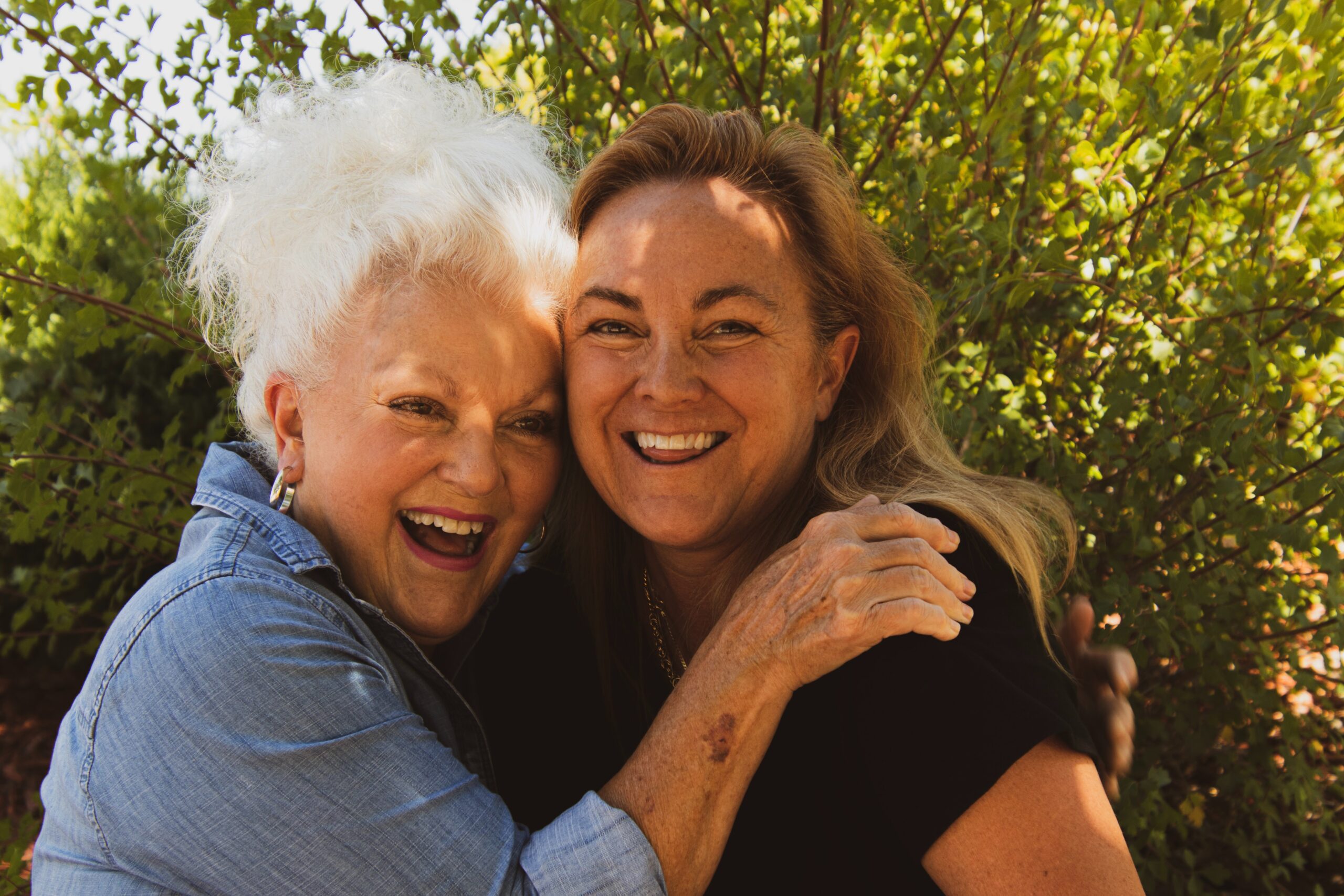There are more than 6 million Americans currently living with Alzheimer’s disease. In the U.S., about one in nine people over 65 develop the disease. In June, we celebrate Alzheimers and Brain Awareness Month. It is a way to support and provide space for those afflicted by the disease and their caretakers, and shine a light on the nearly half a million new diagnoses every year.
Alzheimer’s is a degenerative brain illness often accompanied by significant cognitive issues and dementia. Alzheimer’s accounts for between 60% and 80% of all dementia cases within the U.S., and one in three seniors dies with some form of dementia. The mechanisms and causes of the disease are not yet understood, but information exists that can empower those living with it and their caretakers.
There is no surefire test to detect Alzheimer’s disease; however, there are a few signs in the early stages of it that can alert doctors to the possibility of the illness. In the beginning stages, a person can appear completely healthy yet exhibit cognitive issues like memory loss and increased irritability or anxiety. They may also repeat questions or lose or misplace items in strange places.
While there is no cure for Alzheimer’s, there are plenty of ways to reduce your risk factors. One promising method is to maintain robust cardiovascular health. Studies show a correlation between cardiovascular disease and Alzheimer’s, and other forms of dementia. Adjustments like exercising, eating a balanced diet, and limiting or cutting drinking and smoking can make a significant difference.
Other risk factors for dementia include having a sedentary lifestyle, hearing loss, social isolation, and depression, which can also be a symptom of dementia. However, ensuring an active, social lifestyle can protect you from Alzheimer’s risk factors.
In addition, learning to keep your mind active is a great way to protect yourself from Alzheimer’s. Doctors recommend that you learn a new language, pick up a new sport, or do mentally challenging exercises like Sudoku or crosswords to keep the mind active.
For those diagnosed with the disease, there is plenty of promising research around understanding and treating it. One particularly noteworthy non-pharmaceutical treatment that has gained traction is music. One study showed that listening to music decreased Alzheimer’s patients’ irritability and anxiety and improved cognitive function and memory.
While a lot is still not understood about Alzheimer’s, there is plenty of hope for those affected by the illness. Use this month to learn how you can fight the disease and support those living with it.





